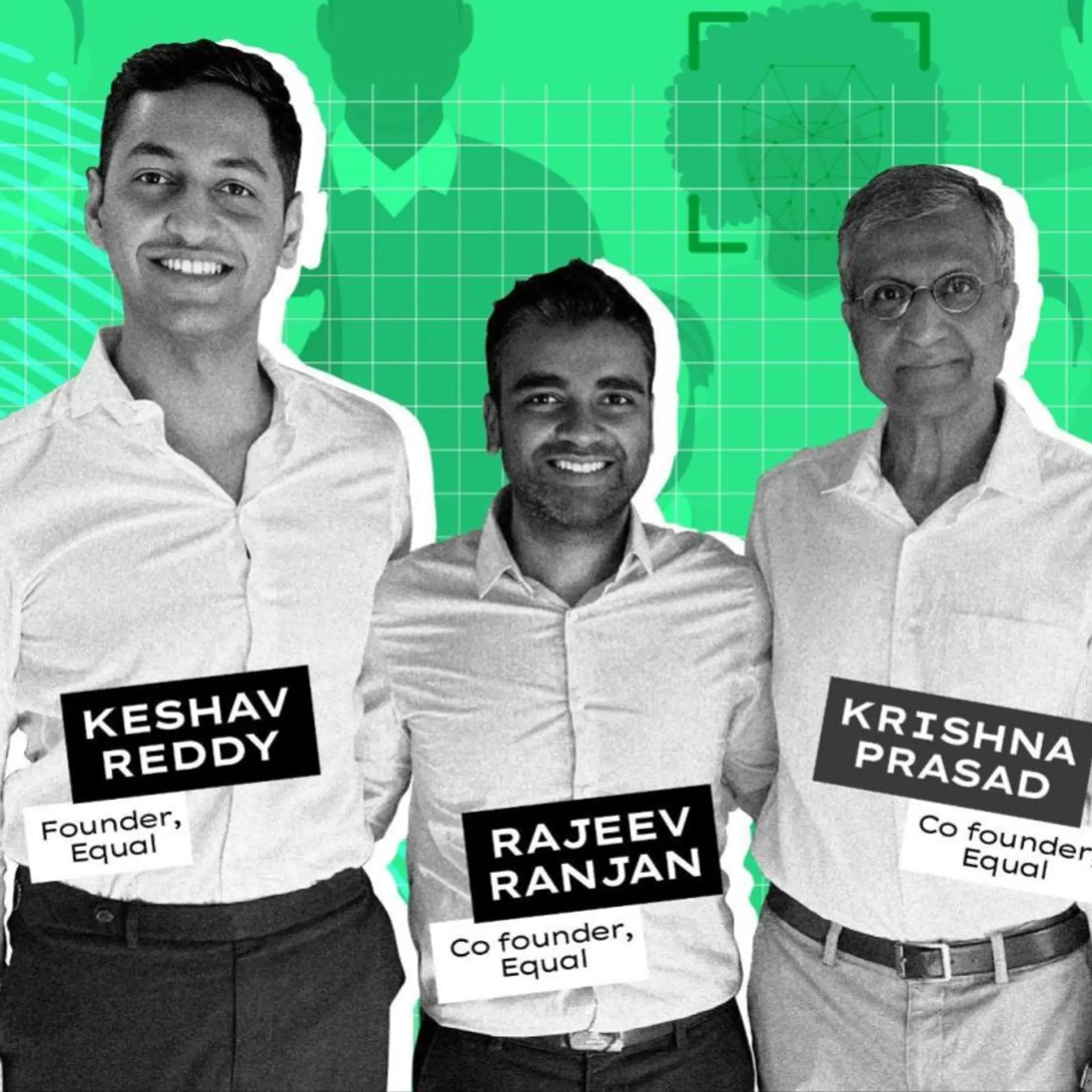Empowering India’s deep-tech ecosystem
A dive into the transformative strategies and initiatives driving India towards global leadership in deep-tech innovation.
The National Deep Tech Startup Policy 2023 has sent ripples across India’s innovation landscape. This forward-looking, visionary initiative marks a significant stride towards strengthening the ties between academia, startups, and industries.
In its wake, we are sure to witness a surge in confidence among stakeholders, a plethora of new opportunities and the opening of exciting avenues for academia-industry collaborations.
This policy is a step towards reimagining technology education, fostering innovation, and addressing the grand technological challenges of our time. It does so by providing a framework to address key challenges and opportunities within the Indian deep-tech startup sector.
What is vital in this policy is the utilisation of advanced research-based deep-tech inventions that envisage spurred economic growth and holistic societal development.
The deep-tech policy's support for startups will create a vibrant ecosystem and reimagine higher education, where students can explore their entrepreneurial ambitions. Incubator, accelerator, and entrepreneurship programmes at universities will enable students to translate their innovative ideas into viable startups.
However, it is important to clarify two fundamental questions—what exactly are deep-tech inventions and how does this policy align with and potentially enhance the existing Startup India Initiative and other concurrent schemes?
Deep-tech startups, in essence, create new pathways by harnessing new knowledge within scientific or engineering disciplines and often so through interdisciplinary approaches. What sets them apart is that they do not rely on business models as moat and create and own intellectual property (IP) not easily replicable through existing technologies, making them pioneers in their fields.
In 2016, the Startup India Initiative made commendable strides in promoting entrepreneurship, supporting startups, and facilitating access to funding.
Notably, as of February 2023, out of the 92,683 entities registered startups in India, only 10,298 are deep-tech startups—just over 10%. This stark underrepresentation underscores the urgency of a dedicated policy for deep-tech startups—one that can amplify their role in India's innovation-driven economy.
While the Startup India Initiative supported the creation and prevalence of startup companies in India, the Draft National Deep-tech Startup Policy 2023 calls for a thorough analysis of the deep-tech ecosystem, including sector-specific studies, to classify and standardise deep-tech startups. It is pivotal to extend the benefits to this specialised sector and increase their share of participation.
Deep-tech startups work on breakthrough technologies that demand extensive research and development efforts. Securing funding for experimentation, prototyping, and testing is crucial for their success. The draft policy outlines several ways to improve funding for these entrepreneurs, ensuring they can thrive in a challenging landscape.
The draft policy proposes the formation of an organisation—The Centre for Deep Tech Translation [CDT]— to assess Indian research, including publications and patents, for potential commercialisation. The initiative promises to expedite the translation of knowledge into action by bridging the gap between groundbreaking research and tangible real-world solutions, propelling India to the forefront of global innovation.
Streamlining the process for startups to tap into the vast expertise and resources available at academic institutions will create an environment where innovative ideas can swiftly evolve into market-ready products and services.
It will also eliminate bureaucratic hurdles and accelerate access to cutting-edge research. When direct collaborations with academia are facilitated, startups gain a competitive edge, reducing their time to market and enhancing their chances of success.
Further, mentorship programmes and experiential opportunities for entrepreneurs, along with a Tenured Exchange Program (TEP), are real incentives for students. Also, encouraging graduate students to undertake internships in deep-tech startups and creating specialised talent pools to address the industry’s workforce needs.
Additionally, incentivising faculty members to embrace entrepreneurial risks injects fresh perspectives and expertise into the innovation ecosystem, accelerating the pace of technological advancements. The result is shorter innovation cycles and readily available talent to drive research, development, and deployment of cutting-edge solutions.
For India to solidify its position as a global frontrunner in deep-tech innovation—it becomes crucial to focus on augmenting the participation of women in the technology sector, and this policy champions diversity, equitable compensation, and opportunities in this regard.
In conclusion, the National Deep Tech Startup Policy 2023 is a watershed moment for India's innovation landscape. It instils confidence, unlocks opportunities, fosters collaboration, and empowers a new generation of deep-tech pioneers.
As this policy takes root, we envision a future where India stands tall as a global leader in deep-tech innovation, driving economic growth and making profound strides in solving the world's most pressing technological challenges. The transformation is underway, and the journey promises to be nothing short of extraordinary.
By encouraging graduate students to undertake internships in deep-tech startups and creating programmes that focus on specific areas of deep-tech, the draft policy facilitates the creation of a larger pool of specialised talent, directly addressing the industry's workforce needs.
Not only students, incentivising faculty members through suitable amendments in their appraisal and assessment policies to undertake entrepreneurial risk, is also highlighted in the policy. This influx of skilled professionals not only meets immediate demands but also injects fresh perspectives and expertise into the innovation ecosystem.
As a result, industries benefit from shorter innovation cycles, as they can readily access this talent to drive research, development, and the deployment of cutting-edge solutions.
Dr Ritesh Malik is the Founder and Trustee of Plaksha University, and Founder of Innov8 Coworking.
Edited by Suman Singh
(Disclaimer: The views and opinions expressed in this article are those of the author and do not necessarily reflect the views of YourStory.)









